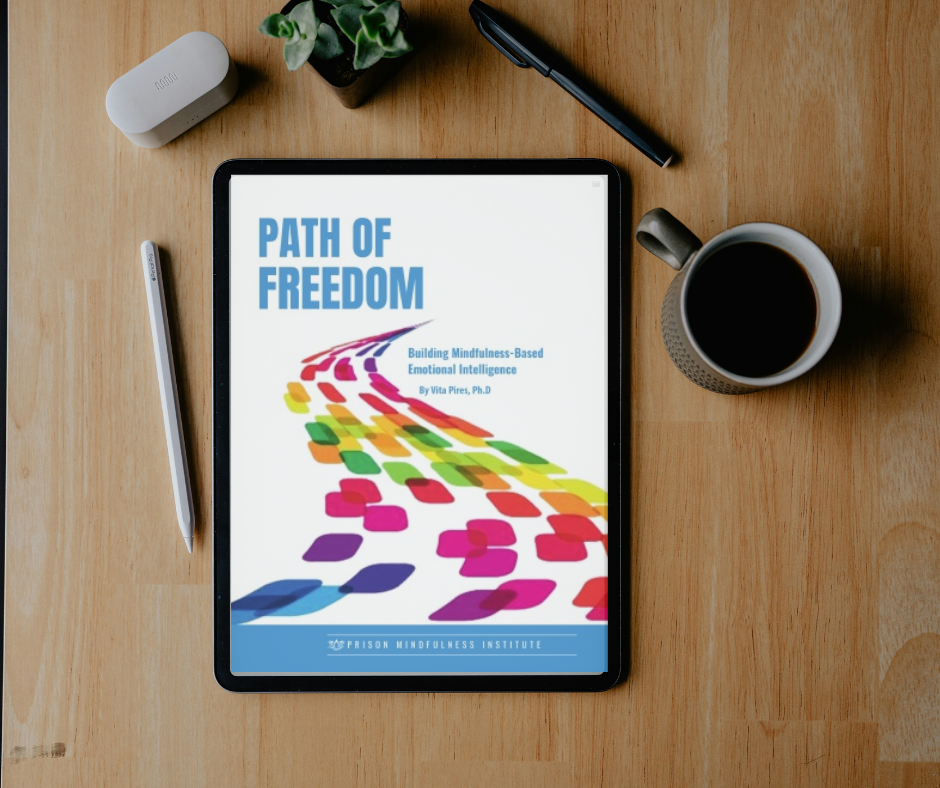Offering the Drama Triangle in Jail
- PMI Staff

- Jan 6, 2015
- 3 min read
Updated: May 26, 2020
County Jail Reflections
A couple of weeks ago, our group of 3 volunteers was presenting the material on the Drama Triangle (DT) and Empowerment to a large pod of 60-70 male inmates at the County Jail.
My fellow presenters had covered the material on the DT, discussing the “below the line” aspects of the roles of victim, persecutor and rescuer. The inmates had just been exposed to the “above the line” aspects of the drama triangle where the “victim” can become the “co-creator,” the “persecutor” can become the “challenger,” and the “rescuer” can become the “coach.”
I was to briefly present the “empowerment” section. As I took the microphone, a few inmates kept asking questions about the drama triangle (DT) like it was a concrete and fixed state of being. They seemed to understand the attributes of the three roles but thought one got into a role and stayed there. I explained that the DT roles are not fixed and that we can move between all three even in the span of a few minutes of a challenging situation. I continued by saying, “What becomes empowering is that if one gets triggered by something, one notices they are triggered by how their body is feeling, such as increased heart rate, increased breathing or just holding your breath, noting one’s tone of voice, if you are sweating, noticing that your are pissed off and angry and want to strike out, etc. It is then that you try to create a gap, you take a breath, you pause, you hold your seat, you notice, you become mindful.
All of a sudden, 5-10 hands shot up, they got excited and the conversation buzz increased in the room. They all started talking about a situation that was really challenging. One inmate’s question was representative… “You mean that if I stop by my girlfriend’s apartment after getting out of jail to get my clothes and a guy with his shirt off answers the door, you want me to pause?”
“Yes.” “If you pause and don’t get angry and hold your seat to really understand what is going on in yourself, in the situation and with the people involved. You will empower yourself. You will not act out impulsively. You will not hurt yourself or others. When you get triggered or go “dark,” full of anger and reactivity, it is then to consider holding your seat, to try a new way of approaching something with your breath and body.
The room exploded again in conversation, they were all talking to each other about things girlfriends and friends had done to them, or someone calling them out on the street or discovering your best friend had cheated on you with your girlfriend while you were in jail. Many hands went up. I said that unfortunately we didn’t have time to talk to each one of them. Yes, we each face many challenging situations, full of triggers unique to ourselves. We can let that situation take us over or we can try to empower ourselves to stop, breathe, see we are triggered. We can move out of the shadow side of the DT roles. Each of us can change how we react in a situation and to others by pausing, creating a gap, “holding our seat” or walking away for a period of time. You become empowered.
I tried to keep the concepts simple and repeated them, pulling in material from earlier POF sessions. “Hold your seat, breathe, don’t go into full emotional reaction, walk away, settle down, be mindful. Many were just flabbergasted that POF was suggesting not to get pissed off at the girlfriend and guy with his shirt off. I may be wrong but it seemed as if some “light bulbs went off that afternoon. That some of the inmates might consider “holding their seat.” It was a lively session and we ran late because they were so fired up by their own life examples of how weird it was to consider acting in a calmer manner, even to consider walking away for a time, not entering the drama triangle.
The material in the POF is very rich. I have felt for a long time how the POF ideas are integrated and overlap. I often have left a session where I wish I had done a better job of integrating the material. I felt I got a little closer to that personal goal this time.
I end this reflection with the words of an inmate who came up to us after that session… “I have been listening for three weeks and it is finally coming together for me. I really like the drama triangle.”
With bows,
Debra




Comments